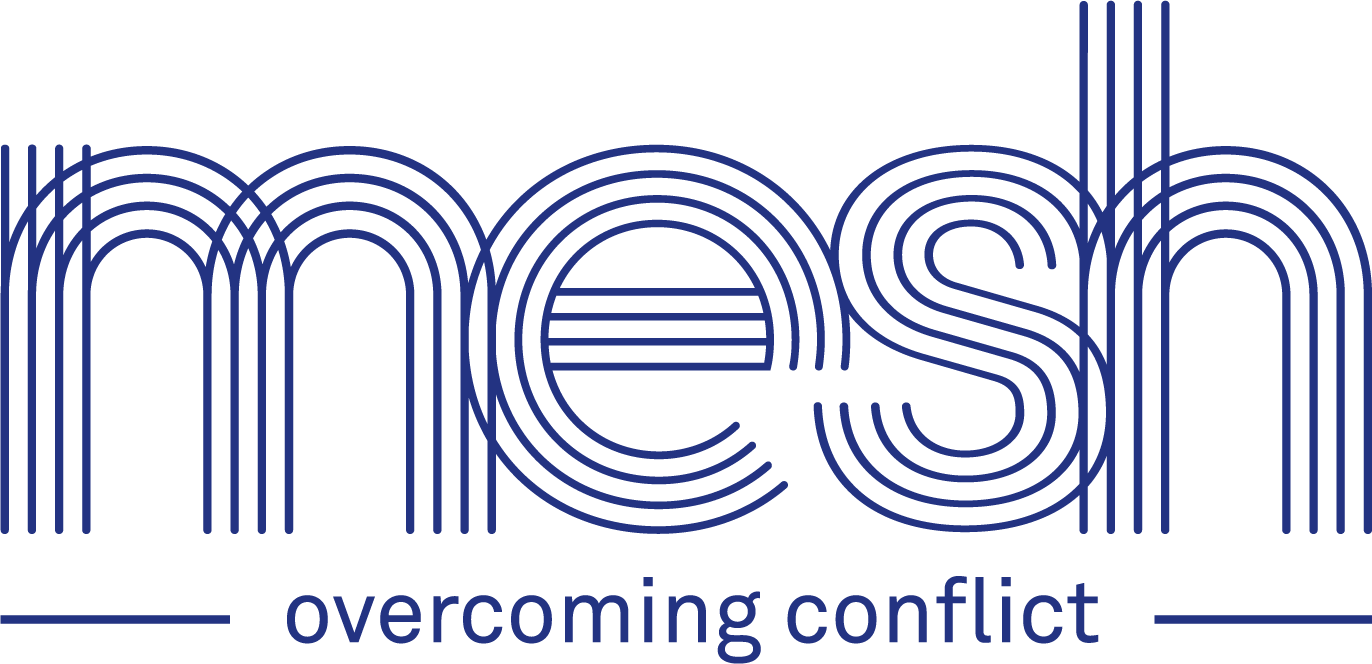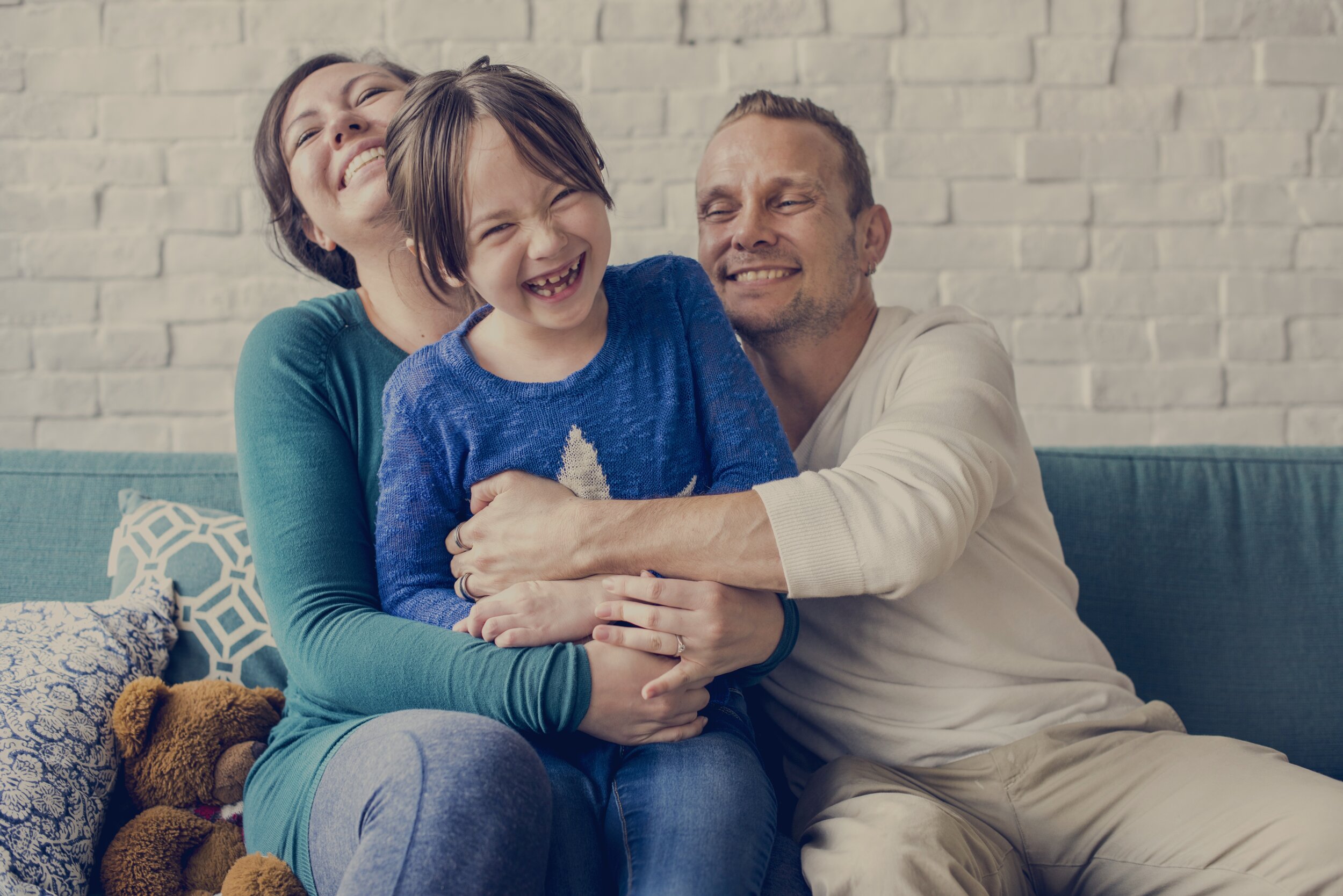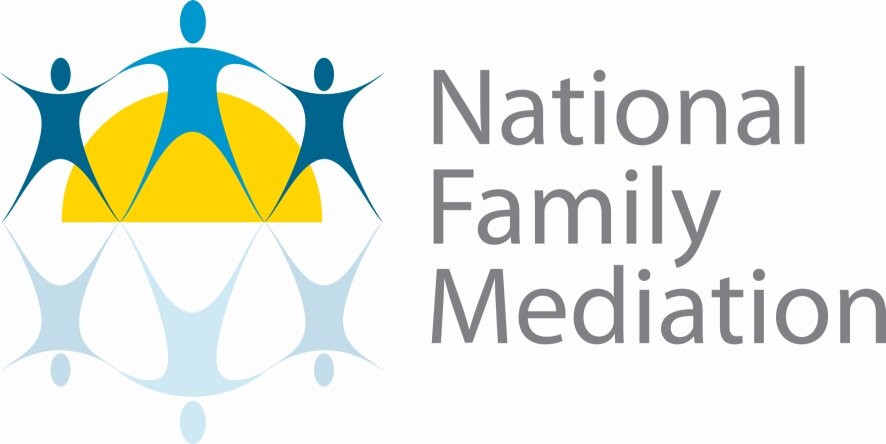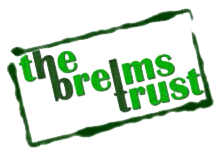
Conflict is inevitable. MESH is here to help.
Sometimes though, conflict can have life-changing impact, breaking down work or personal relationships, stopping us from recognising what’s best and causing real stress, for ourselves and the people around us.What happens in mediation?
Mediation is suitable for anyone in conflict or dispute
Mediation can take place all in one day, or it can be spread over several days, according to your needs
When only one party to the conflict is willing or able to engage your mediator may recommend one party mediation - known as ‘conflict coaching’
For situations involving 3+ people MESH offers team mediation sessions
Stage one: Initial Meeting
The mediator meets with each person individually to help them explore the situation and understand the mediation process, so that they can decide how they want to proceed
We allow 1 - 1.5 hours per initial meeting
Stage two: Joint Meeting
The mediator/s meet with all parties to the conflict, at an agreed time and date, in a neutral location.
Mediation can help people to reach agreements or it can simply improve understanding of different people’s perspectives.
The safe, supportive structure of the joint meeting allows those in conflict to explore the impact of the issues and create ways forward, with the help of their impartial mediator/s.
If you want anything from the meeting recorded, the mediator will allow time for this within the session.
We allow up to 3 hours for a joint meeting, though it may not take this long. This is so that those present feel able to fully resolve the issues in a single session wherever possible
Stage three: Follow-up Support
The mediator will let the referrer know what meetings took place when the mediation process ends.
MESH will be on hand to support clients and referrers after mediation with any further enquiries they may have about the issue.
Mediation is confidential. MESH mediators do not share anything from within mediation meetings.
The only exceptions to this are for Family Mediation where a mediation report is agreed with clients, or where there is a safeguarding issue. In both cases your mediator would discuss this with you before sharing any information.
You can request a further joint meeting, or follow up support, for up to 3 months after mediation has taken place
Latest news and free tips
Updates from the MESH office and free advice on navigating conflict.Our Services
MESH offers a range of adaptable conflict resolution training and mediation services for all kinds of people and situations. By using MESH's paid-for services, you are helping to fund mediation for those whom otherwise would not be able to afford it. Separation and divorce settlements
Custody of children
Childcare arrangements
Access and visiting rights
Relationship issues and communication breakdowns
Inheritance disputes and other family matters
Disputes between work colleagues
Disputes arising from unfair treatment or mismanagement
Issues over employment conditions and payments
Contractual disputes
Equality and diversity issues
Other workplace matters
Boundaries and rights of access
Unsociable behaviour
Noise, parking, harassment
Other neighbour dispute matters
Partnerships with other mediation agencies for community cohesion projects
Affordable conflict resolution and connecting communication training
Bespoke sessions to help you mediate in your workplace or setting
Training for professionals and volunteers in frontline positions
From our recognised centre of excellence
We provide mediation for social services departments
We mediate between their workers and families to de-escalate tension
We mediate to provide early resolution of potential issues
We mediate to avoid the need for litigation
MESH is a specialist provider of mediation, conflict coaching and conflict resolution training services.
We’re proud to partner with these organisations to deliver mediation:























Conflict resolution: what to do when you’re triggered. Emotional triggers can derail or block a conversation but when you recognise them, they can transform it. Here’s how to notice and work with your triggers